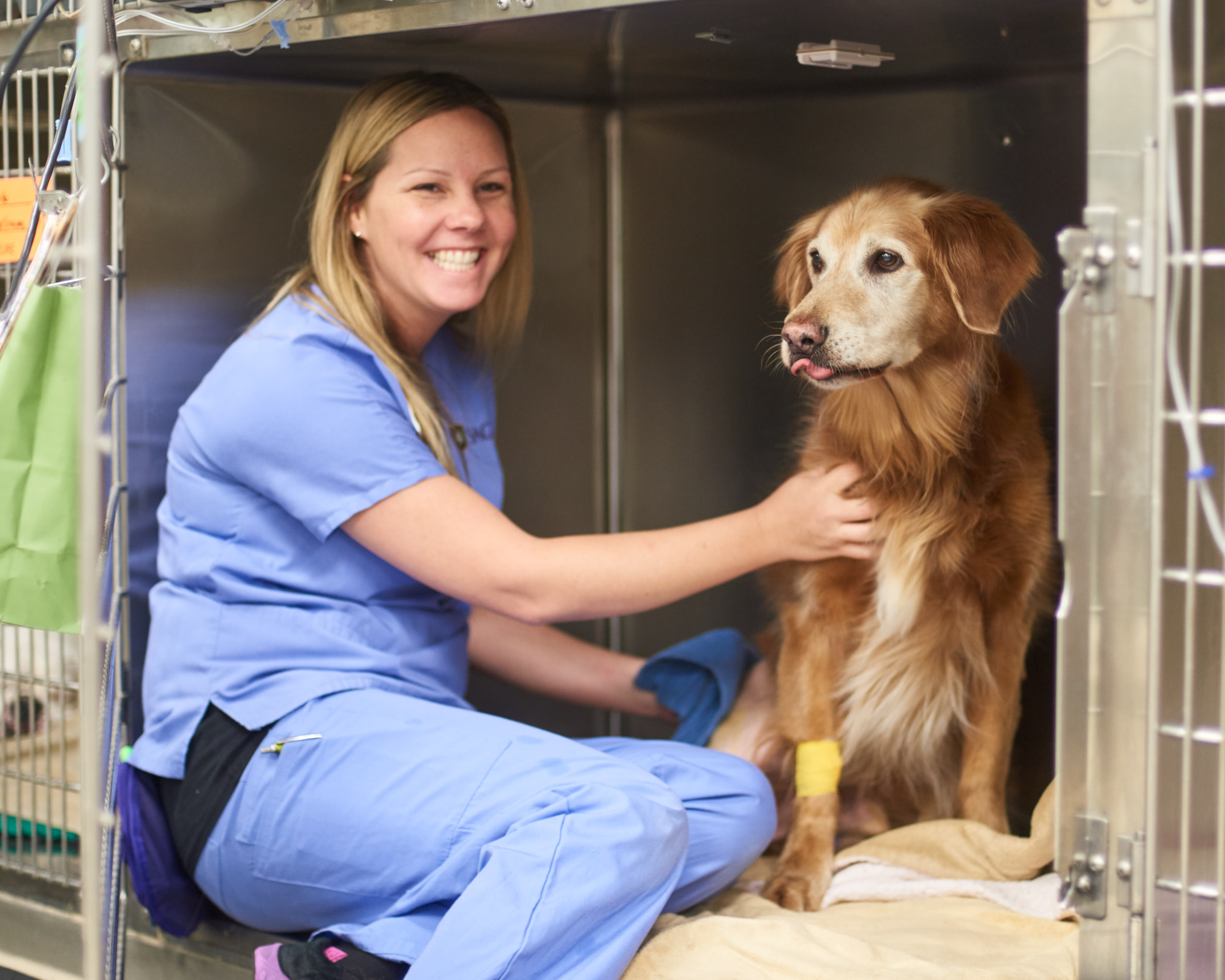
At the Collaborative Care Coalition, we’ve long believed there is a correlation between the health of companion animals, and the frequency and timeliness of collaboration between primary care veterinarians and specialists. What’s more, we believe practices that routinely collaborate have a healthier bottom line, a more loyal clientele and, as a result, greater value.
In other words, our hypothesis is that collaboration is good for every stakeholder in veterinary medicine — especially our patients.
Following its founding in 2012, CCC (formerly VetSOAP) launched a multiphase research initiative to validate our hypothesis that there is a correlation between the health of companion animals and the frequency and timeliness of collaboration between primary care veterinarians and specialists. We further sought to quantify the impact of this collaboration (or lack thereof) on the health of animals and the practices’ bottom line.
Here’s an overview of the research we have conducted to date, as well as plans for the future:
Phase 1: Observational Research
Via an extensive literature search, we sought to more fully understand the nature of referral dynamics in our profession and the scope of the problem. Based on this observational research, we produced a white paper that articulates what’s working and where there are gaps that hinder collaboration.
Read the white paper.
Phase 2: Investigational Research
Next, via online forums, we conducted qualitative research to reveal referral attitudes and behaviors among primary care veterinarians, and help provide direction for subsequent quantitative research.
Phase 3: Quantitative Research
Knowing how clinicians value data, we conducted further quantitative research to measure the impact that collaboration has on patient outcomes for five disease states:
- Otitis
- Epilepsy
- Septic foal
- GDV
- Lymphoma
Modeled after research conducted in 2016 by CCC board member, Bonnie Lefbom, DVM, DACVIM (Cardiology), and published in the Journal of the American Veterinary Medical Association* (JAVMA), the retrospective study showed that small dogs with congestive heart failure that were co-managed by a veterinary cardiologist and a primary care veterinarian lived 77% longer and generated 22% more revenue at the primary care practice than those managed by a primary care veterinarian alone.
Learn more.
*Lefbom B, Peckens N. “Impact of collaborative care on survival time for dogs with congestive heart failure and revenue for attending primary care veterinarians.” JAVMA, July 1, 2016, Vol. 249, No. 1, Pages 72-76
Phase 4: Publication and Communication
We have presented our findings at national meetings including the ACVS Surgery Summit, ACVIM Forum, and the VHMA Annual Meeting. Collaborative outcomes research methodology and results are pending journal publication. We are continuing our outreach efforts to share what we have learned in order to achieve optimal outcomes for pets.
Learn about our findings.
Phase 5: Tools and Future Research
We are working with specialists and primary care veterinarians to develop tools for use by all veterinarians to facilitate better collaboration. We’re designing future research to better understand client attitudes and behaviors around collaboration and additional chart audits to look at particular disease states.